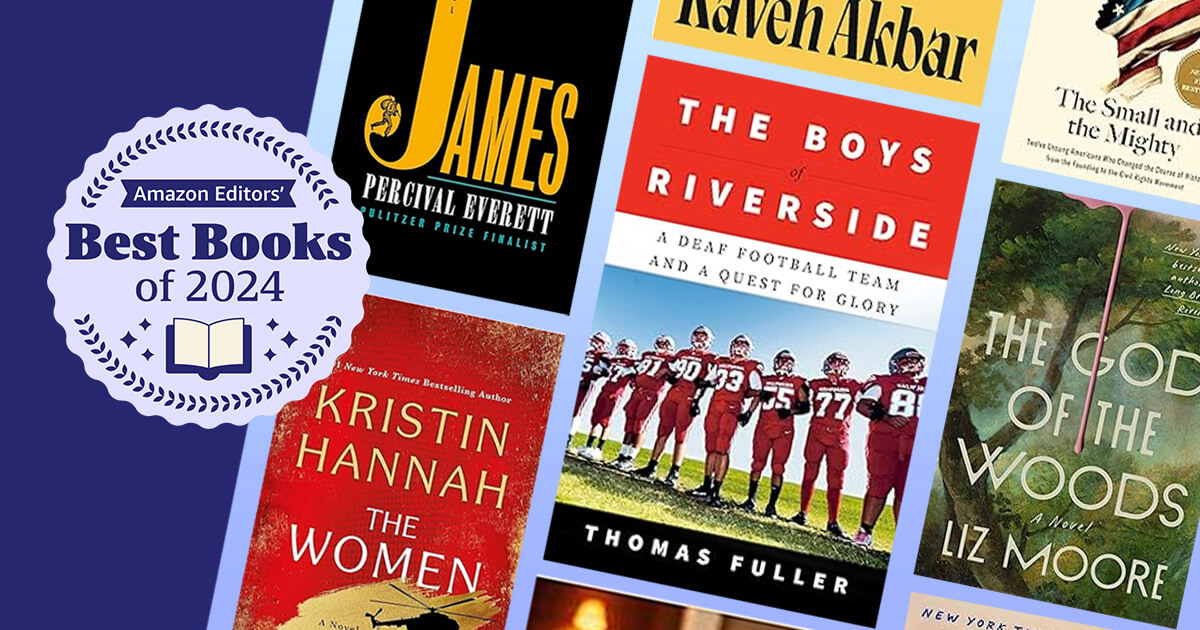Authors returning from the dead and narrating their literary creations might seem like chasing a pipe dream even some time ago, but not quite so, thanks to the power of modern-day advanced AI technologies. As the Daily Mail reported, the key to making that possible is the voice samples such authors might have left behind, which in turn is enough for AI to recreate those voices artificially.
The biggest challenge for the AI software will be to learn the nuances of each author’s voice and reproduce them in their original and natural tone. Once that is done successfully, which seems possible given the advancements made in artificial intelligence, it will become easy to use the author’s voice to narrate the stories they write.
This, no doubt, will make for one of the most exciting applications of AI when it comes to audiobook publishing. Audiobooks are already published using synthetic voices, which has proved to be a pretty contentious issue, with many claiming this to favour machines over the actual human workforce. Nonetheless, Audible has started a project wherein the authors are allowed to lend their voice in the voice sample that can then be used to publish audiobooks. This can lead to audiobook publishing, which will take less time and resources.
The latest development is an extension of the project initiated by Audible. The difference is that while Audible uses living authors to lend their voices to create synthetic samples that can be used for audiobook publishing, the same is being extended to include authors who have long left for their heavenly abode.
However, will such audiobooks narrated by authors make for good listening? That depends on whether the authors are good narrators. Many lack that quality; not every author is a good narrator, and vice versa. We will have to wait until the first audiobook reaches the mainstream to deliver the verdict.
There might also be some legal issues to resolve. While ignorant of the laws governing such aspects, using the voice samples of deceased authors might require the explicit permission of their legal heirs. If that is true, the heirs stand to gain from the proceeds of the sale of the audiobooks.
Nonetheless, listening to a Hercule Poirot or Miss Marple novel narrated by Agatha Christie will be exciting. Christie died in 1976, but there are 13 hours of her audio recordings, including dictations for her autobiography. This is likely enough for AI to re-create her voice and publish audiobook versions of her literary pieces.
Similarly, there are voice clippings of JRR Tolkien talking about The Lord Of The Rings and The Hobbit in a BBC radio interview done in 1965. That was eight years before he died in 1973. Then, there are wartime recordings of Winston Churchill, who discussed the Second World War at length. Undoubtedly, it will be one of the most exciting audiobook projects ever. However, as already stated, wider acceptability will depend on whether the authors are good narrators. Stay tuned!
With a keen interest in tech, I make it a point to keep myself updated on the latest developments in technology and gadgets. That includes smartphones or tablet devices but stretches to even AI and self-driven automobiles, the latter being my latest fad. Besides writing, I like watching videos, reading, listening to music, or experimenting with different recipes. The motion picture is another aspect that interests me a lot, and I'll likely make a film sometime in the future.





